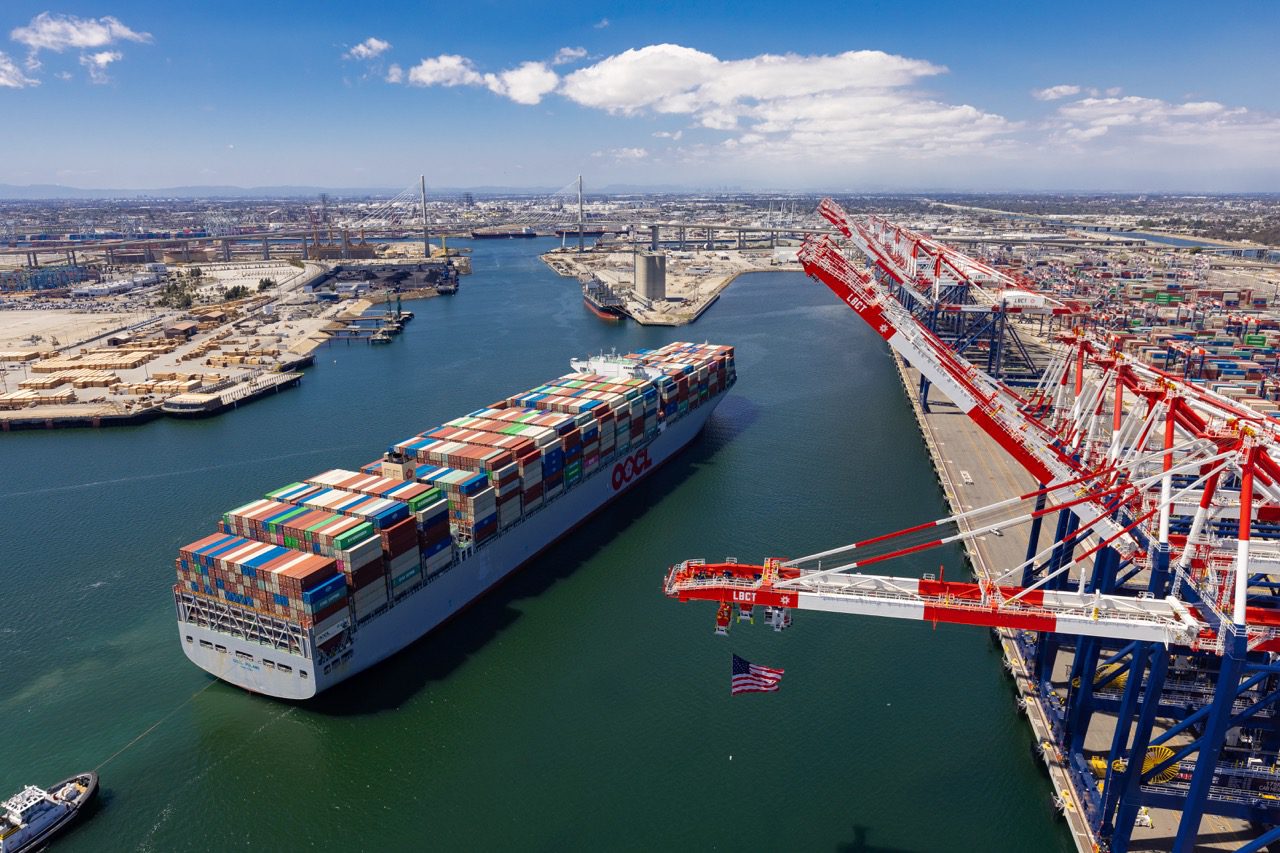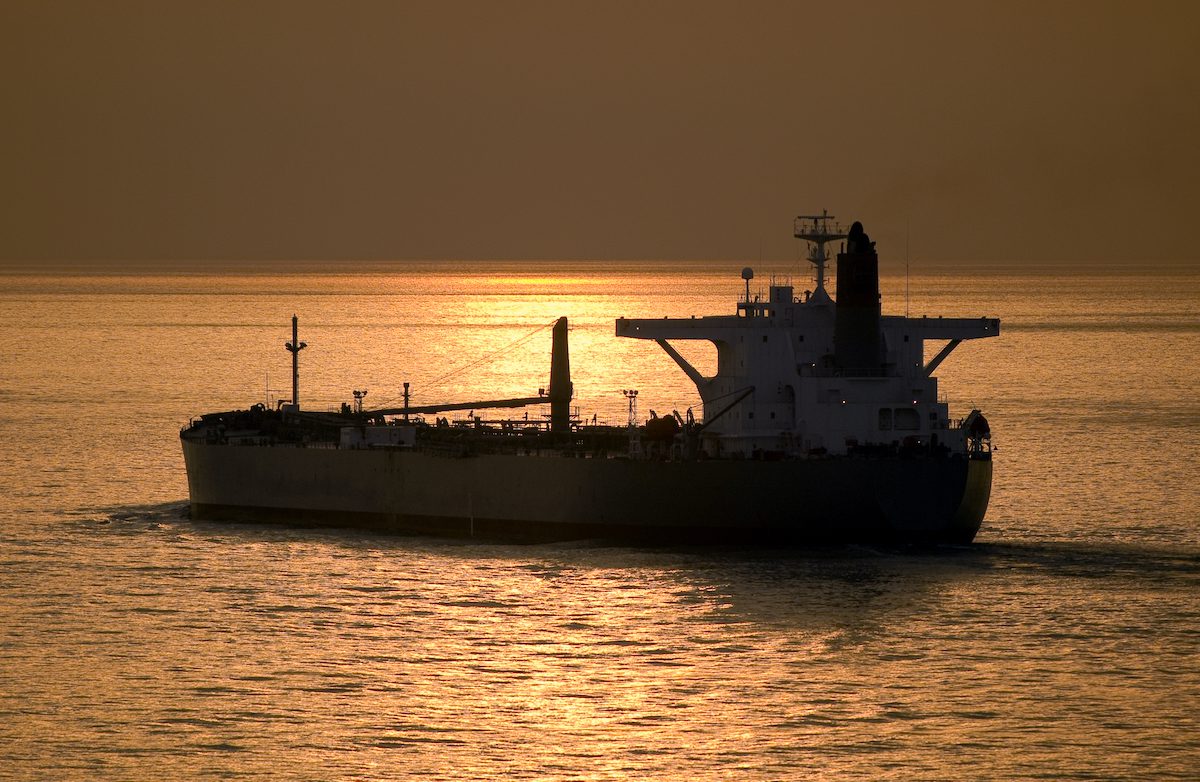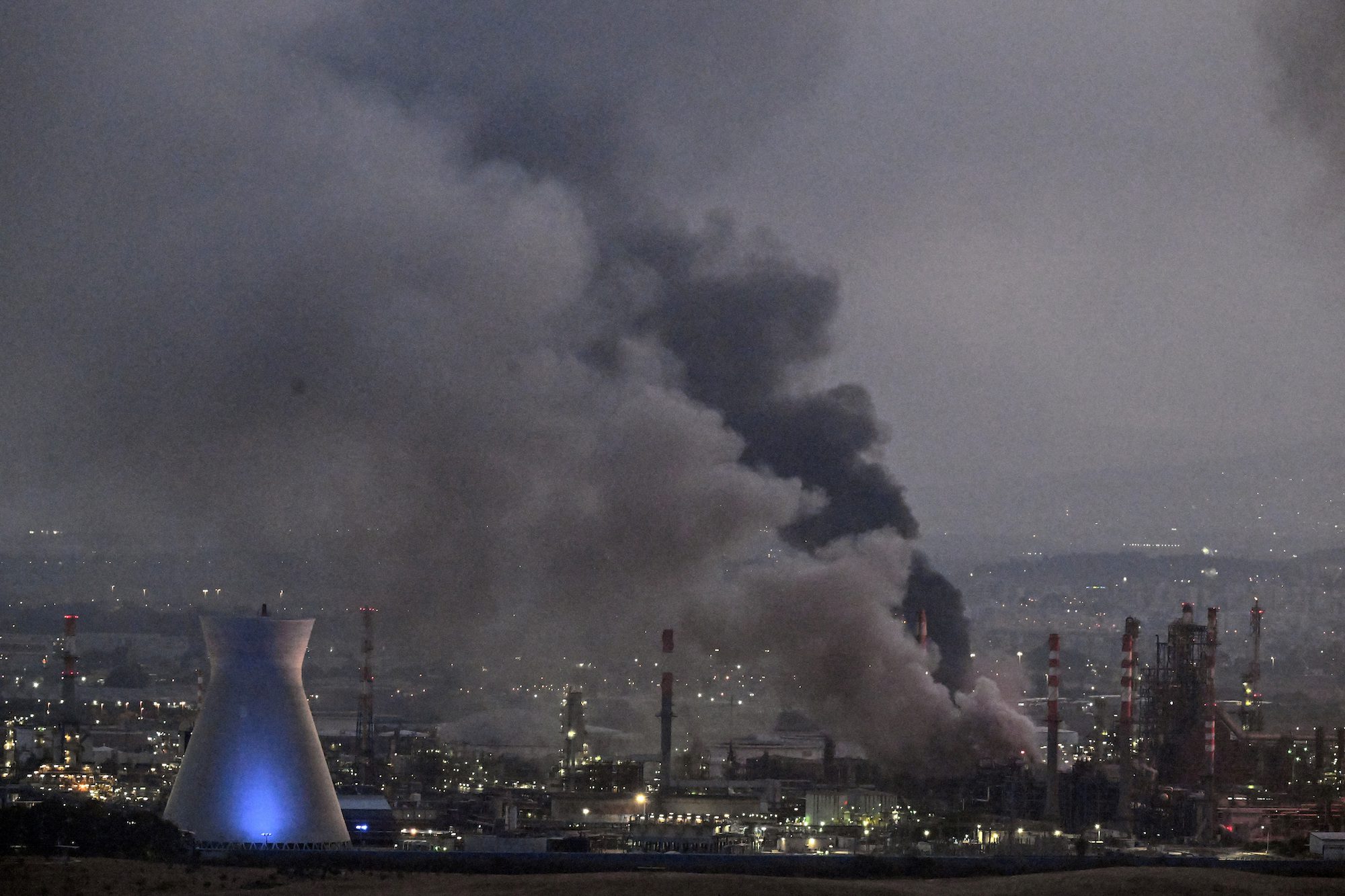Frontline plc posted a profit of $60.5 million in the third quarter of 2024 despite challenging market conditions.
The tanker shipping giant reported revenues of $490.3 million. The company’s adjusted profit reached $75.4 million, translating to $0.34 per share, missing analysts’ EPS expectations of $0.45. Shareholders will see a cash dividend matching the adjusted earnings at $0.34 per share.
The company’s fleet performance remained strong, with VLCCs and Suezmax tankers achieving daily spot charter earnings of $39,600 and $39,900 respectively, while LR2/Aframax tankers secured $36,000 per day.
CEO Lars H. Barstad provided insight into the market dynamics, noting, “The third quarter of 2024 performed in line with seasonal expectations,” while acknowledging the impact of reduced oil demand during summer months and increased Middle Eastern domestic consumption.
Barstad also highlighted how an “increase in sanctioned oil trade and movement of illicit barrels” have negatively impacted the sector, referring to the so-called “shadow fleet” of tankers moving sanctioned Iranian and Russian oil.
“We continue to sail in a troubled geopolitical landscape and with lower year-on-year demand in Asia, and especially China, the tanker markets have yet to experience the seasonal upswing into winter,” he said.
“However, global oil demand is still growing, and with limited new tanker capacity coming, Frontline continues to profit as we run our cost-efficient operation and modern fleet. It will be interesting to see how the tanker market, including the trade of oil and energy, is impacted by politics as we approach 2025,” Barstad said.
In a strategic move to optimize its fleet, Frontline sold its 2010-built Suezmax tanker for $48.5 million, generating $36.5 million in net proceeds. The company also strengthened its financial position by entering into a significant sale-and-leaseback agreement worth up to $512.1 million for ten Suezmax tankers.
CFO Inger M. Klemp highlighted the company’s financial strategy, emphasizing their focus on “maintaining our competitive cost structure, breakeven levels and solid balance sheet” to enhance shareholder value. This approach included the refinancing of 36 vessels and the successful repayment of significant shareholder loans.
Looking ahead, while the company faces challenges from sanctioned oil trade and lower Asian demand, Frontline hopes its modern fleet and efficient operations position it well for continued profitability as global oil demand continues to grow.

 Join The Club
Join The Club











